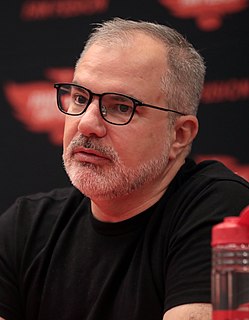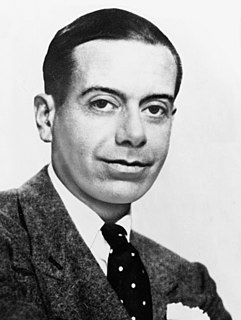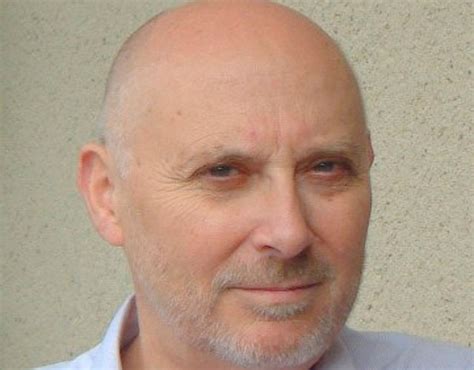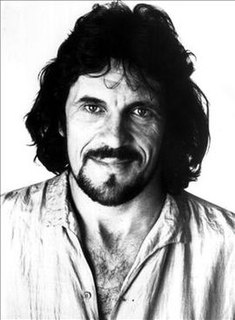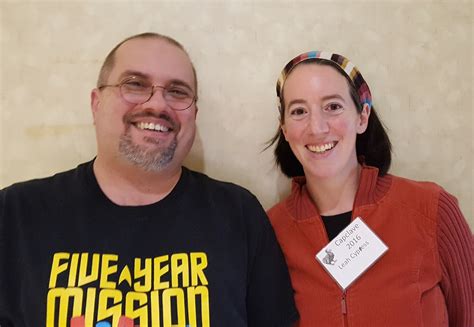A Quote by Peter V. Brett
My breakthrough was when I began to write during my commute, at first taking notes on my Palm Pilot, and then moving on to writing full prose on the tiny QWERTY keyboard of my iPaq smartphone. I got so fast that I was averaging 400 words during the 35 minutes or so I spent on the subway each way, or 800 words round trip.
Related Quotes
My sole inspiration is a telephone call from a director. ... (when asked who wrote 'Some Enchanted Evening') Rodgers and Hammerstein, if you can imagine it taking two men to write one song. ... Good authors, too, who once knew better words now use only four-letter words writing prose. ... Brush up your Shakespeare and they'll all kowtow.
I feel like the reason I ended up becoming a playwright is because I never choose the right word. As a kid, my fantasy profession was to be a novelist. But the thing about writing prose - and maybe great prose writers don't feel this way - but I always felt it was about choosing words. I was always like, "I have to choose the perfect word." And then it would kill me, and I would choose the wrong word or I would choose too many perfect words - I wrote really purple prose.
If you have words and want to write music for them, the words hit you with a feeling which you can't really describe in words, and so what you do is to put music to them and in this way you make contact with the words, through the musical thing. It happens when two feelings come together and they do something together and they compliment each other.
